We hope you enjoyed the visual thinking and scenario approach to the second 21-century challenge - education. The aim of this series of posts is to sketch possible thinking steps that might help us to get a solution or at least a direction for one of today's urgent issues as identified by Yuval Noah Harari in the book 21 Lessons for the 21st Century (see the blog post Will our inventions make us irrelevant?).
Introduction to the challenge
The focus of the third 21 Century Challenge will be on knowledge. In the book it is explored as follows:
Today, we know far less than we think we do. As individuals, we actually know less than hunter-gathers in the Stone Age who know how to make their own clothes and how to hunt for food. Part of the success of Homo Sapiens is that we trust the knowledge of others - groupthink. This trust in other humans may have worked well in the past but the world has become more complex and we fail to realise how little we actually know about something. Instead of finding things out we listen to the advice of like-minded friends who confirm ideas. Thus, the knowledge is seldom challenged.
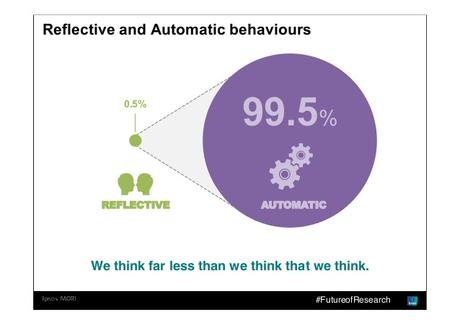
Liberal thought has put the trust in rational individuals, for example, that students can learn to think for themselves, and that the voters know what is best. Yet, many of our decisions are based on emotional reactions rather than analysis of the situation. A decision based on an emotional reaction might have worked well before, but in a more complex world, it is an inadequate approach. Many problems are complex and to understand them requires that we spend a lot of time studying the subject. Different possibilities and options need to be examined and if you cannot spend the time it is unlikely that we will find the truth or best option. Thus, the more complex the world is the trickier it will be to find the time to really dive into a topic.
A problem is that unless we understand the world, we cannot make decisions related to what is right and wrong, or between justice an injustice.
People are often falling victim to propaganda and misinformation. Providing people with more facts is not according to Yuval going to improve the situation. Instead, we need to look of other solutions to break the hold of groupthink.
The Thinking Agenda
- Focus - what is the subject and the aim of the thinking
- Escape - what is taken for granted?
- Provoke what is taken for granted
- Move to a practical idea
Focus
There could be several attention areas, varying from house, garden and kitchen knowledge to scientific facts or political interpretation. For example, how do we know that flu shots are effective and not harmful? Is coffee good for your health, or is it better to alternate with wine? Is the string theory correct and why to believe there is something strange as a Higgs particle? Why has the US been intervening in Irak? How to prevent groupthink?
Our choice: How to prevent people falling victim to propaganda and misinformation?Escape
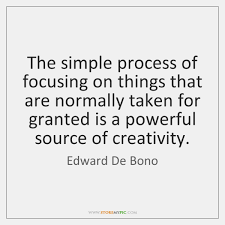
We suggest taking the Escape technique. List some "taken for granted" items, then escape from that by reversing it, reject it, exaggerate it, make it ideal, reduce it, distort it, modify it, replace it, etc.
For instance, taken for granted in the introduction of the challenge above, are the following:
- Instead of finding things out we listen to the advice of like-minded friends who confirm ideas.
- Our knowledge is seldom challenged.
- All knowledge is groupthink, we trust the thinking of others.
- Unless we understand the world, we cannot make decisions related to what is right and wrong, or between justice an injustice.
- Providing people with more facts is not going to improve the situation.
- The more complex the world is the trickier it will be to find the time to really dive into a topic.
Of course, you can take your own "taken for granted" issue. However, it works best to choose the one that is the most obvious, the one that is generally accepted as "normal", to be the "truth", "kicks in an open door".
Setting up a Provocative Operation
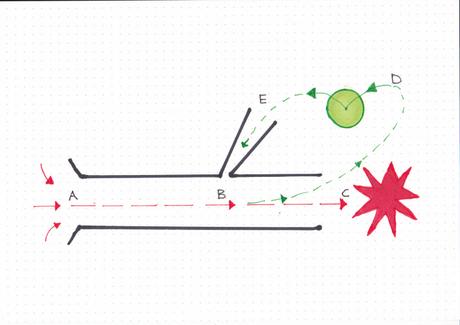
A->B->C is mainstream thinking.
C->D is an effort to escape. D->E is moving to a practical idea
Set-up at least 15 Provocative Operations; take no more than 15 minutes. A Provocative Operation is used to see where an idea or statement leads to with further exploration.
Traditional logic is concerned with "what is," using the judgment system to determine whether or not a statement is true or to classify something into a known category.
The alternative to judgement is movement which is concerned with "what can be". Following a provocation is to see what it leads to. The PO (provocation) serves to take us out of the comfort of an existing thinking pattern.
Our efforts:
We took as "taken for granted": Providing people with more facts is not going to improve the situation.
Some PO's we came up with are:
PO: declare all facts provided by governments, NGO's and companies as unreliable
PO: All situations are first understood, and then the according facts will be fabricated
PO: People will improve their understanding of the situation if they are provided with false or fake facts
PO: There is no individual thinking
PO: Never believe facts as they are presented
PO: Big data will not add to our knowledge
PO: Humans think like ants
Move to a practical idea
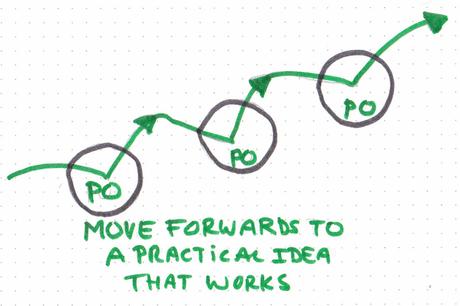
Choose the PO that is either the most provocative, exotic and remote or one that might immediately lead to a practical idea. If you need some help, look here for Five Techniques to Get Movement, that is generating ideas from a provocative operation.
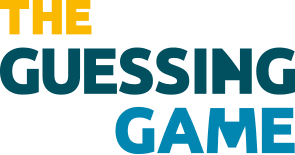
We chose as PO that might be nearly an idea in itself: Guessing should replace thinking and analyses
Narrowing the concept down to a practical idea For instance: an online newspaper where there are always two articles on the same topic. Each article explores the topic from a different point of view. The articles should not try to convince the reader that this point of view is superior since it is based on an analysis or logical thinking. The ideas should simply be presented. We chose as most provocative PO: PO: There is no individual thinking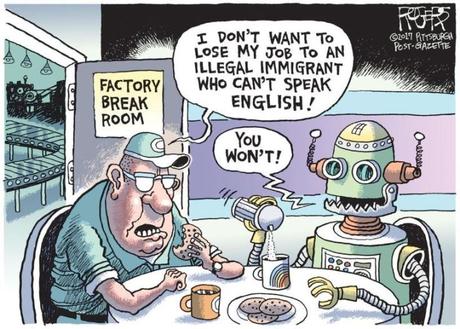
- Europa should protect itself against refugees <->Europe should focus on its growing interdependence with Africa.
-
If we remove all CO2 produced from the atmosphere, we are saved <->
The oceans contain about 98% of all CO2, therefore a reduction of CO2 in the air by 1 gigaton will be for 98% restored by the oceans, resulting in a reduction of a merely 20 megatons. - If we build a wall around our country, we will prevent people from entering the country <-> we should focus on protecting the water resources. Lack of water is a greater long-term threat.
- We should protect ourselves from lies made by politicians
<-> We should focus on moral reasoning rather than the lies. - Planning should be on building hospitals <-> our limited economic resources should be focused on prevention of diseases.
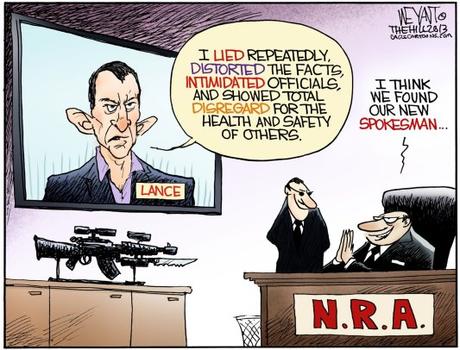
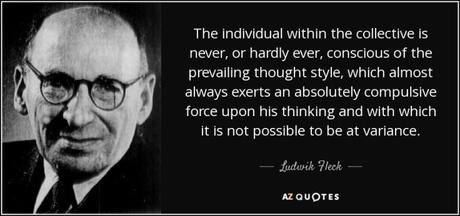
Thinking takes place between people that share the same language and common meaning of words. This is seldom tested. The idea is to have a kind of word processor that replace words with possible alternatives that convey another meaning. There is also a facility that indicates euphemisms and vague language (language that anybody can agree with because it is meaningless or familiar). Also, words that appeal to people on an emotional level and are commonly used in propaganda.
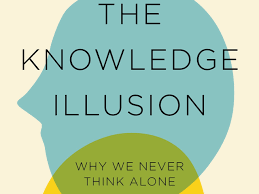
- monthly period overdue pill -> abortus pill
- bad payer -> someone who is not able to pay his debt
- war hero -> war criminal.
- correctional facility -> jail, prison
- tensions -> quarrel, fight
- decentralization our healthcare ->economizing substantially
Narrowing the concept down to a practical idea
Of course, there are much more ideas possible the moment you do a systematic skilled effort!
